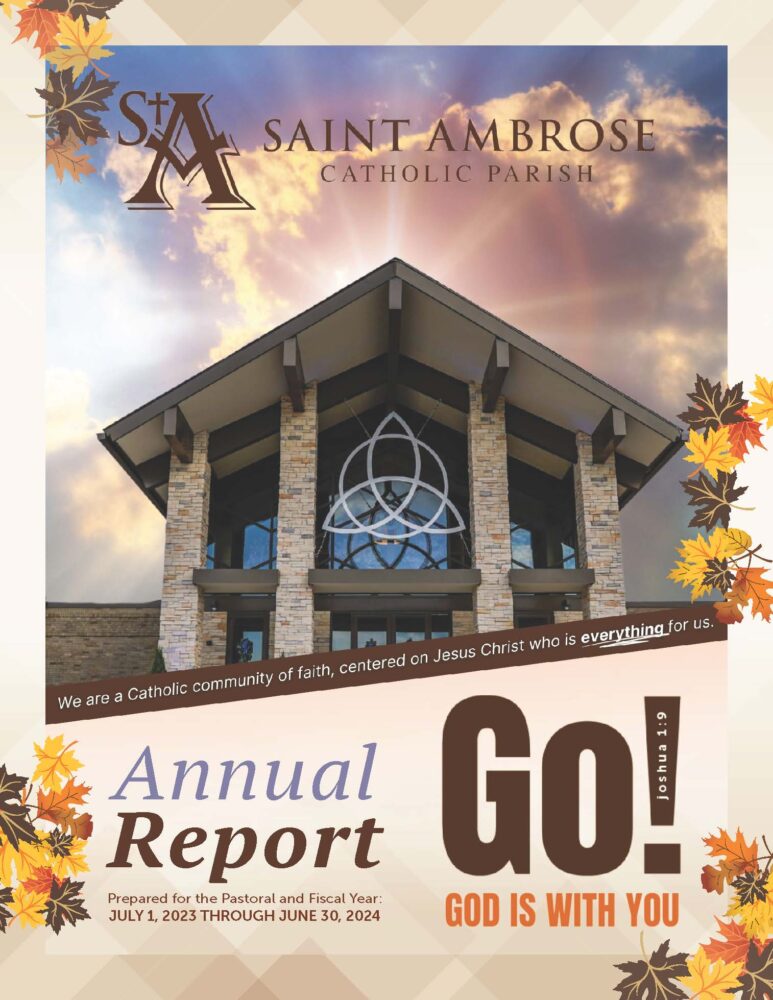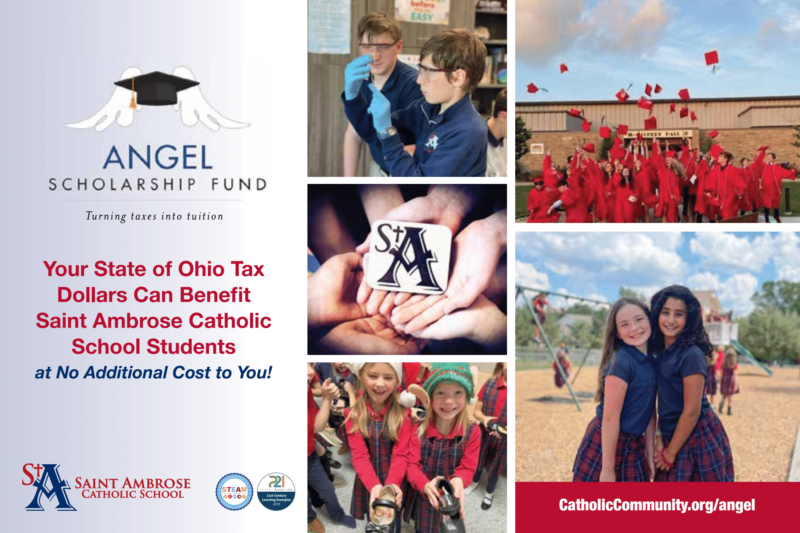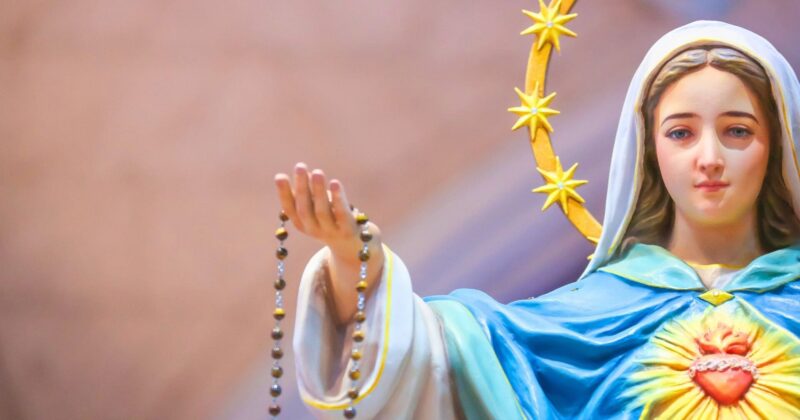By Devin Watkins (ORIGINAL ARTICLE FROM VATICAN NEWS)
Pope Francis held the special Urbi et Orbi on Friday from the steps of St. Peter’s Basilica.
Usually a colorful event reserved only for Christmas Day and Easter Sunday, this extraordinary blessing was held in keeping with the gravity of the current global situation, as more than half of the world’s population is confined to their homes to prevent the spread of Covid-19.
Standing in a deserted St. Peter’s Square with a steady rain falling, Pope Francis spoke to the world through all the means of modern communication: Facebook, YouTube, TV, and radio.
Symbols of faith
He prayed for the world at this critical juncture in the presence of two images that have accompanied the people of Rome for centuries: the ancient icon of Mary Salus Populi Romani – usually housed in the Basilica of St. Mary Major – and the miraculous crucifix kept in the church of San Marcello on the city’s Via del Corso.
Most importantly, the Pope exposed the Blessed Sacrament for adoration and imparted his Apostolic Blessing, offering everyone the opportunity to receive a plenary indulgence.
Evening meditation
But first, Pope Francis offered a meditation on the crisis facing the world, reflecting on a passage from the Gospel of Mark (4:35-41).
“For weeks now it has been evening,” said the Pope. “Thick darkness has gathered over our squares, our streets and our cities; it has taken over our lives, filling everything with a deafening silence and a distressing void, that stops everything as it passes by; we feel it in the air, we notice it in people’s gestures, their glances give them away.”
In this situation, he said, we feel afraid and lost, like the disciples whose boat was in danger of sinking while Jesus slept at the stern.
All in the same boat
The Covid-19 pandemic has reminded us that we are all on the same boat, said Pope Francis, and so we call out to Jesus. The disciples ask Him, “Teacher, do you not care if we perish?”
The Pope said these words would have shaken Jesus, “because He, more than anyone, cares about us.”
The storm, said the Pope, exposes “our vulnerability and uncovers those false and superfluous certainties around which we have constructed our daily schedules” and lays bare “all those attempts to anesthetize ourselves”.
What is revealed, he said, is “our belonging as brothers and sisters”, our common humanity.
“Why are you afraid? Have you no faith?
Pope Francis then picked up the thread of Jesus’ question: “Why are you afraid? Have you no faith?”
He said we have all gone ahead “at breakneck speed”, ignoring the wars, injustice, and cries of the poor and our ailing planet. “We carried on regardless, thinking we would stay healthy in a world that was sick.”
In our stormy sea, we now cry out: “Wake up, Lord!”
Now is the time of choosing
Really, said Pope Francis, it is Jesus calling out to us to be converted, calling us to faith.
“You are calling on us to seize this time of trial as a time of choosing,” he said.
Now is not the time of God’s judgment, but of our own: “a time to choose what matters and what passes away, a time to separate what is necessary from what is not.”
The Pope said we can draw lessons from the many people who – even though fearful – have reacted by giving their lives, including medical personnel, supermarket clerks, cleaners, priests, police officers, and volunteers. This, he said, “is the force of the Spirit poured out and fashioned in courageous and generous self-denial.”
Stripped of our self-sufficiency
Pope Francis said faith begins “when we realize we are in need of salvation” and are not self-sufficient.
If we turn to Jesus and hand Him our fears, said the Pope, He will conquer them.
“Because this is God’s strength: turning to the good everything that happens to us, even the bad things. He brings serenity into our storms, because with God life never dies.”
So God asks us now, in the midst of the tempest, “to reawaken and put into practice that solidarity and hope capable of giving strength, support and meaning to these hours when everything seems to be floundering.”
His cross is our hope
Jesus’ cross, said Pope Francis, is the anchor that has saved us, the rudder that has redeemed us, and our hope, because “by His cross we have been healed and embraced so that nothing and no one can separate us from His redeeming love.”
“In the midst of isolation when we are suffering from a lack of tenderness and chances to meet up, and we experience the loss of so many things,” he said, “let us once again listen to the proclamation that saves us: He is risen and is living by our side.”
So we embrace His cross in the hardships of the present time, and make room in our hearts “for the creativity that only the Spirit is capable of inspiring.”
“Embracing the Lord in order to embrace hope: that is the strength of faith, which frees us from fear and gives us hope.”
Turning to the Lord
Concluding his meditation, Pope Francis entrusted us all to the Lord, through the intercession of the Blessed Virgin Mary, so that our faith might not waiver in this time of crisis.
“Dear brothers and sisters, from this place that tells of Peter’s rock-solid faith, I would like this evening to entrust all of you to the Lord, through the intercession of Mary, Health of the People and Star of the stormy Sea. From this colonnade that embraces Rome and the whole world, may God’s blessing come down upon you as a consoling embrace. Lord, may you bless the world, give health to our bodies and comfort our hearts. You ask us not to be afraid. Yet our faith is weak and we are fearful. But you, Lord, will not leave us at the mercy of the storm. Tell us again: ‘Do not be afraid’ (Mt 28:5). And we, together with Peter, ‘cast all our anxieties onto you, for you care about us’ (cf. 1Pet 5:7).”




